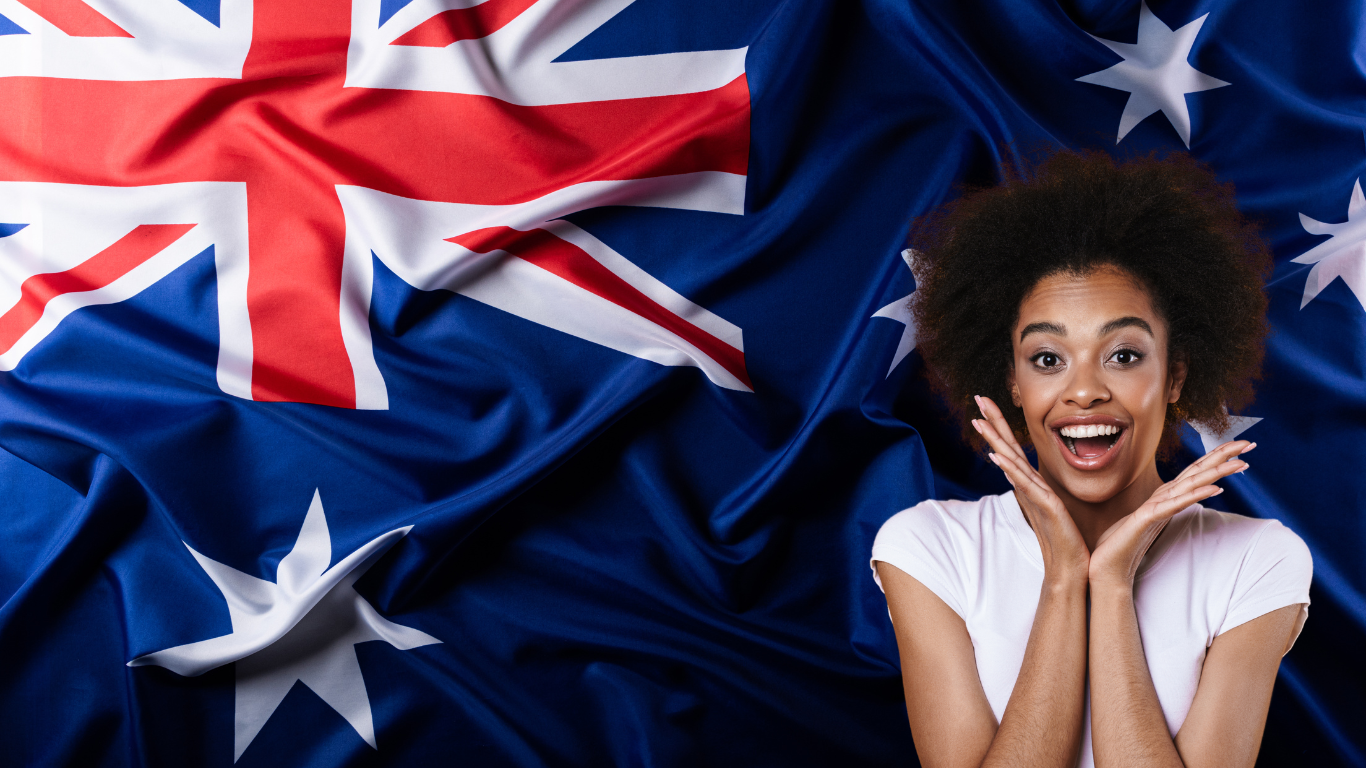The Australian Fair Work Commission has set a new standard by raising the minimum wage to $915.90 per week, effective July 1, 2024. This increase, reflecting a 3.75% rise to $24.10 per hour, addresses economic shifts and inflation. For international students in Australia, this adjustment offers significant benefits, improving living standards and enhancing work opportunities while studying. This article Australia’s Minimum Wage Rises to $915.90: Economic Impact and Opportunities will answer all your questions.
Understanding Australia’s Minimum Wage Increase
National Minimum Wage Hike Overview
Australia’s minimum wage has been a focal point for many, especially international students balancing work and study. The recent hike to $915.90 per week ensures fair pay and helps international students manage living expenses more effectively.
The Impact on International Students
From study to PR in Australia… Read more.
Enhanced Financial Stability
The increased minimum wage directly impacts international students, providing better financial stability. The new minimum pay allows students to afford tuition, housing, and other living expenses.
Opportunities for Work Experience
Higher wages also make part-time work more attractive for international students. It allows them to gain valuable work experience in retail, hospitality, cleaning, and social care while earning a fair income.
The Role of the Fair Work Act 2009
Ensuring Fair Compensation
Under the Fair Work Act 2009, the updated wage rates are applicable from the first pay period on or after July 1, 2024. This universal application ensures that international students receive fair compensation, regardless of the industry they work in.
Compliance and Employer Responsibilities
Meeting Wage Standards
Employers must meet or exceed the new wage standards, which is crucial for attracting international students as part-time workers.
Navigating Visa Requirements
For international students, compliance with wage standards by employers is essential. It ensures that their work experience in Australia is legal and beneficial, supporting their visa requirements and providing a positive work environment.
Sector-Specific Impacts
Retail and Hospitality
The retail and hospitality sectors, which employ many international students, will see a significant impact from the wage increase. Students in these fields will see better pay, making their part-time jobs more worthwhile.
Cleaning and Social Care
Students working in cleaning and social care will also experience the benefits of the wage hike. These roles will offer better pay, reflecting their importance in the workforce.
Annual Wage Review Considerations
Economic Factors and Inflation
The annual wage review considers various economic factors, including inflation and living costs. This 3.75% adjustment supports low-income earners, including international students.
Historical Context and Future Projections
Previous Wage Increases
In July 2023, a 5.75% increase addressed rising inflation, which has since moderated to a two-year low of 3.4%. This context highlights how wage adjustments respond to economic conditions, benefiting all workers, including international students.
Future Economic Stability
As inflation trends downward, the Reserve Bank of Australia anticipates further stabilization. The recent wage increase is part of a broader strategy to ensure economic stability and support all workers, including those from abroad.
The Broader Economic Landscape
Implications for the Labor Market
Australia’s minimum wage adjustment strengthens the labour market by ensuring fair compensation. For international students, this means better financial support and more attractive work opportunities during their studies.
Long-Term Economic Goals
This wage increase aligns with Australia’s long-term economic goals, creating a balanced labour market. It supports economic health by boosting consumer spending and financial stability, benefiting domestic and international workers.
Conclusion
Raising the minimum wage to $915.90/week is a significant step towards equitable remuneration and economic stability. This increase means better financial security and enhanced work opportunities for international students. This adjustment reflects Australia’s commitment to supporting all workers amid economic shifts, ensuring a fair and prosperous future.
FAQs
What is the new minimum wage in Australia? The new minimum wage in Australia is $915.90 per week, effective July 1, 2024.
How much is the hourly rate for the new minimum wage? The hourly rate for the new minimum wage is $24.10.
How does the minimum wage increase benefit international students? The increase provides better financial stability, allowing international students to manage living expenses more effectively and gain valuable work experience.
What sectors benefit the most from the minimum wage increase? Sectors like retail, hospitality, cleaning, and social care benefit the most, where many international students find part-time work.
How does the wage increase impact Australia’s economic stability? The wage increase supports financial stability by boosting consumer spending, ensuring fair compensation, and attracting a diverse workforce, including international students.


